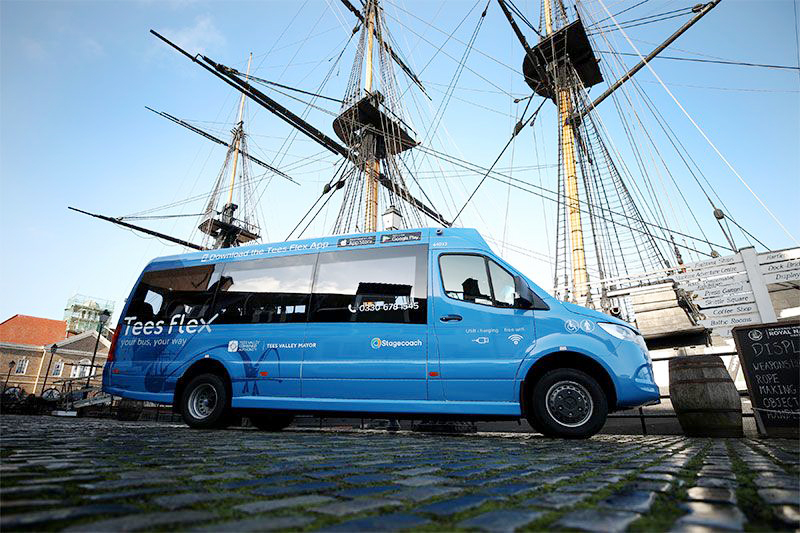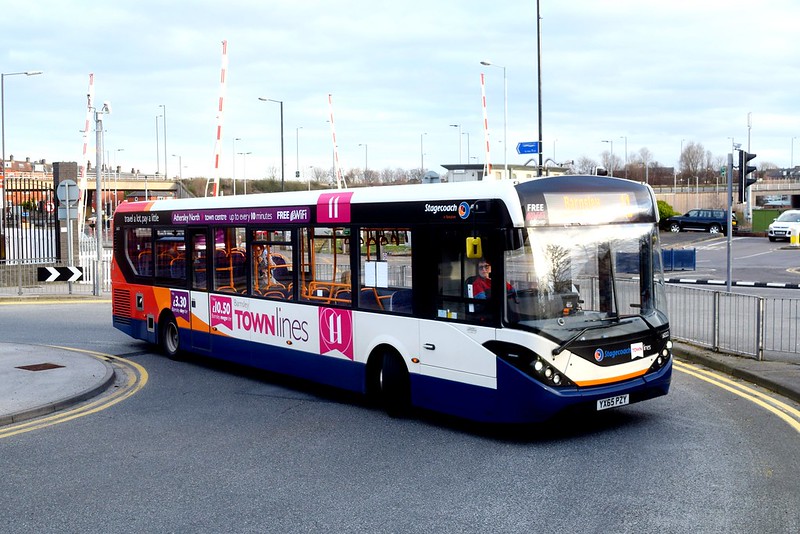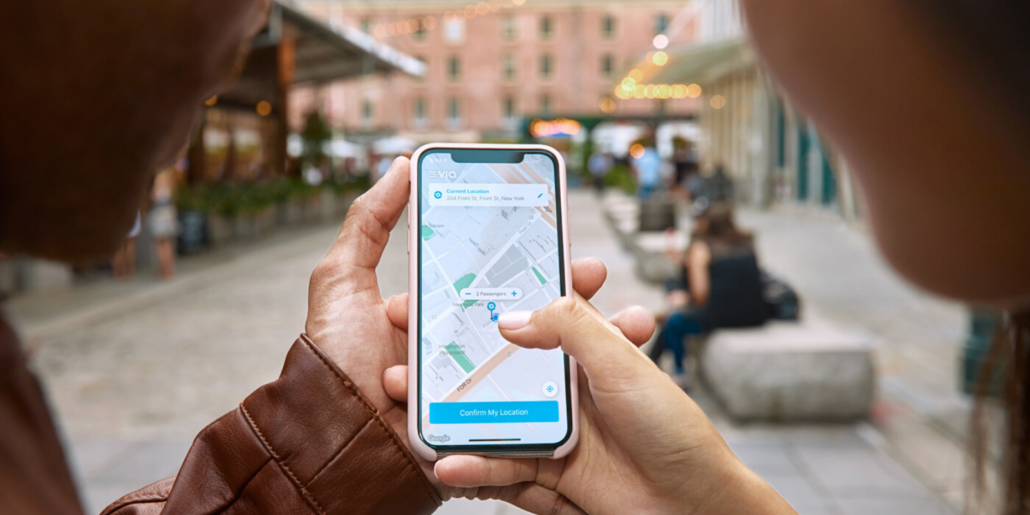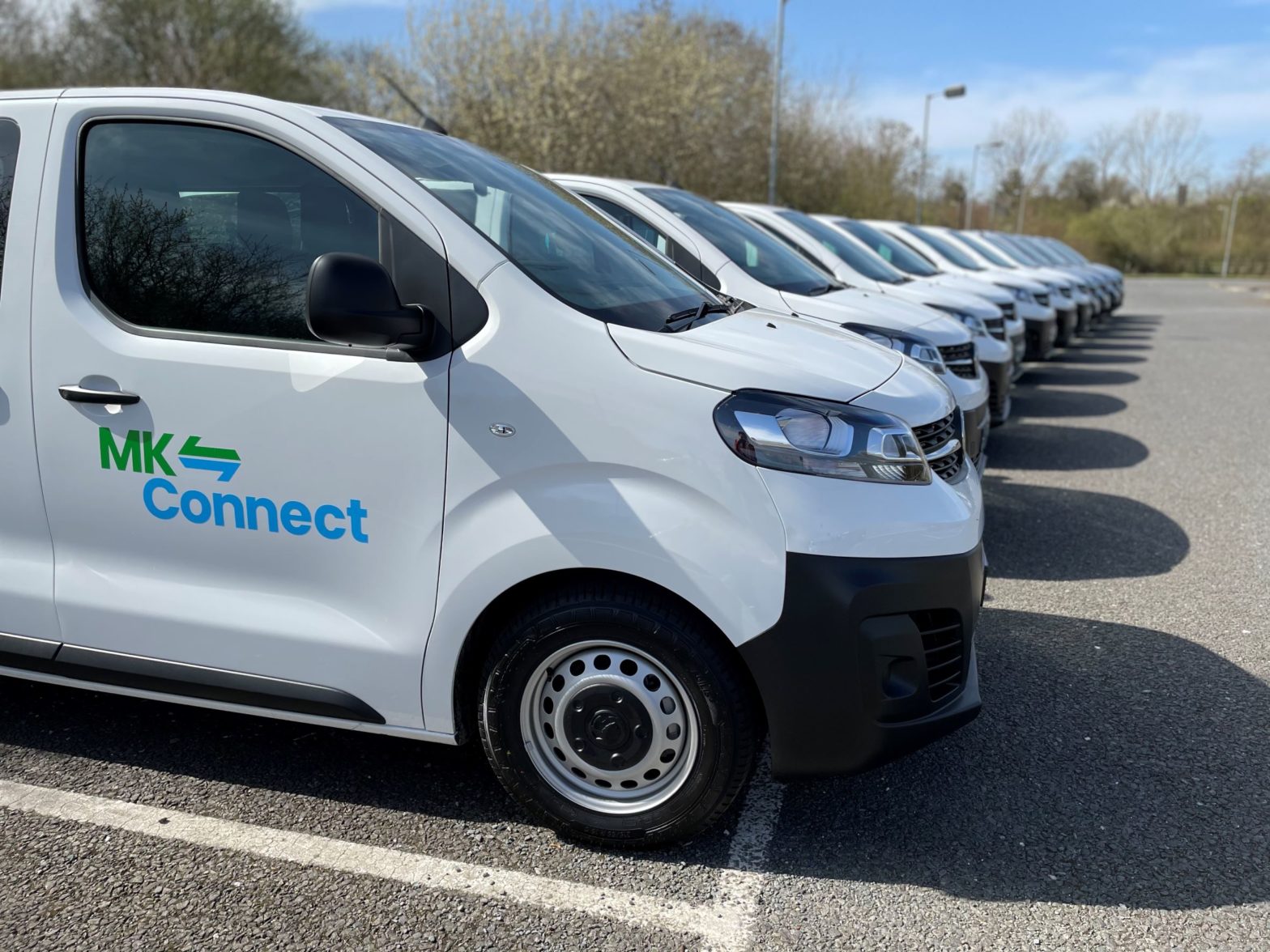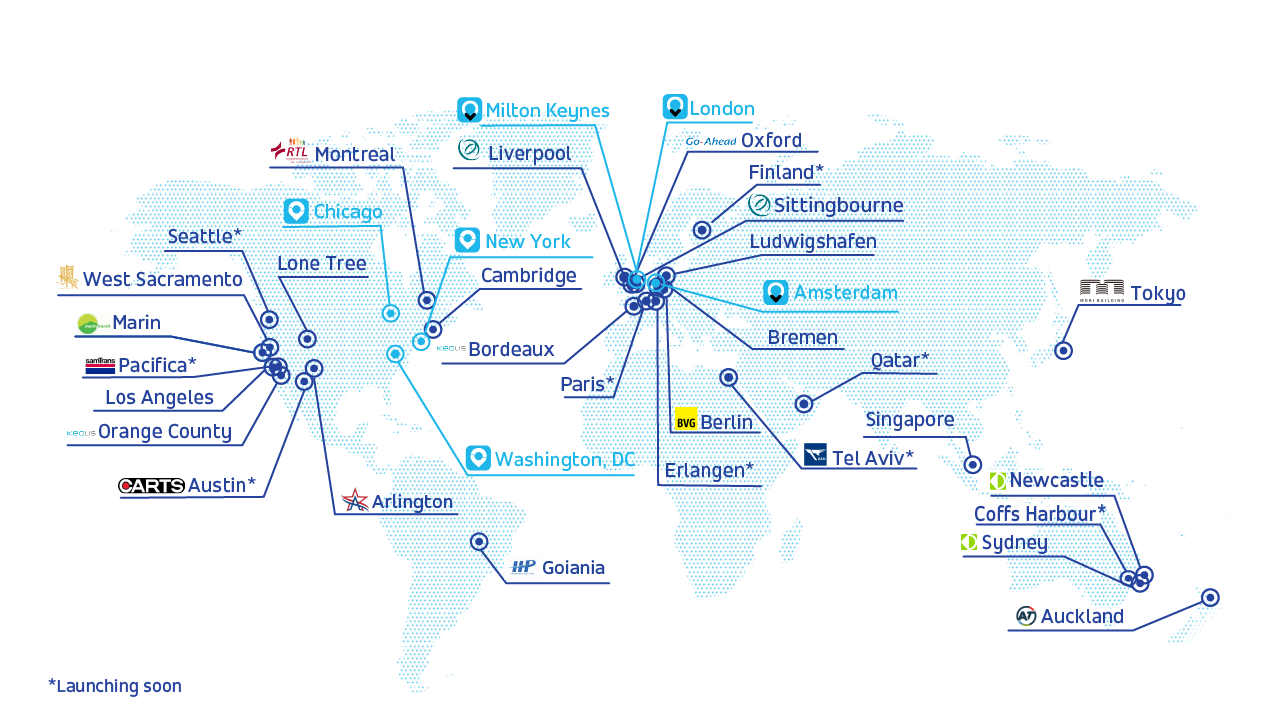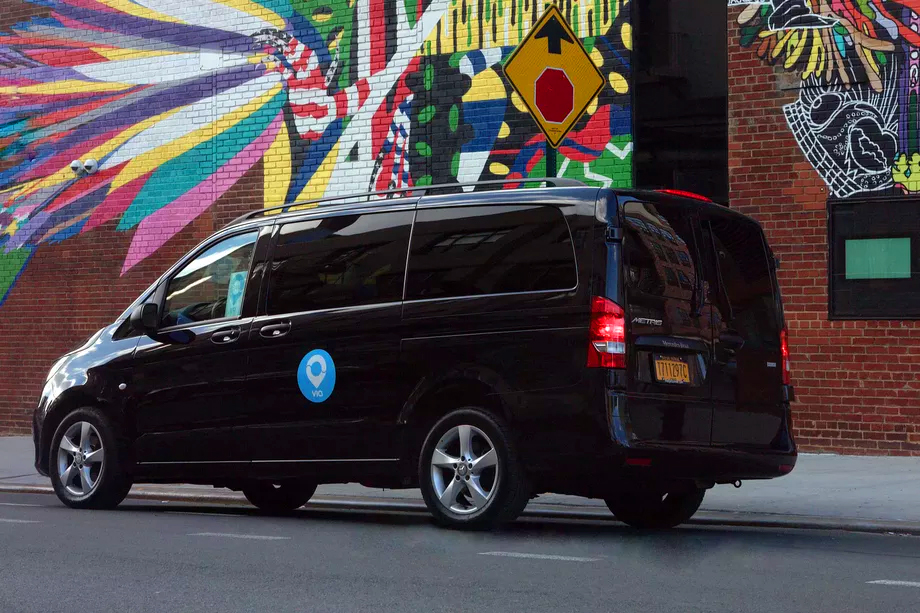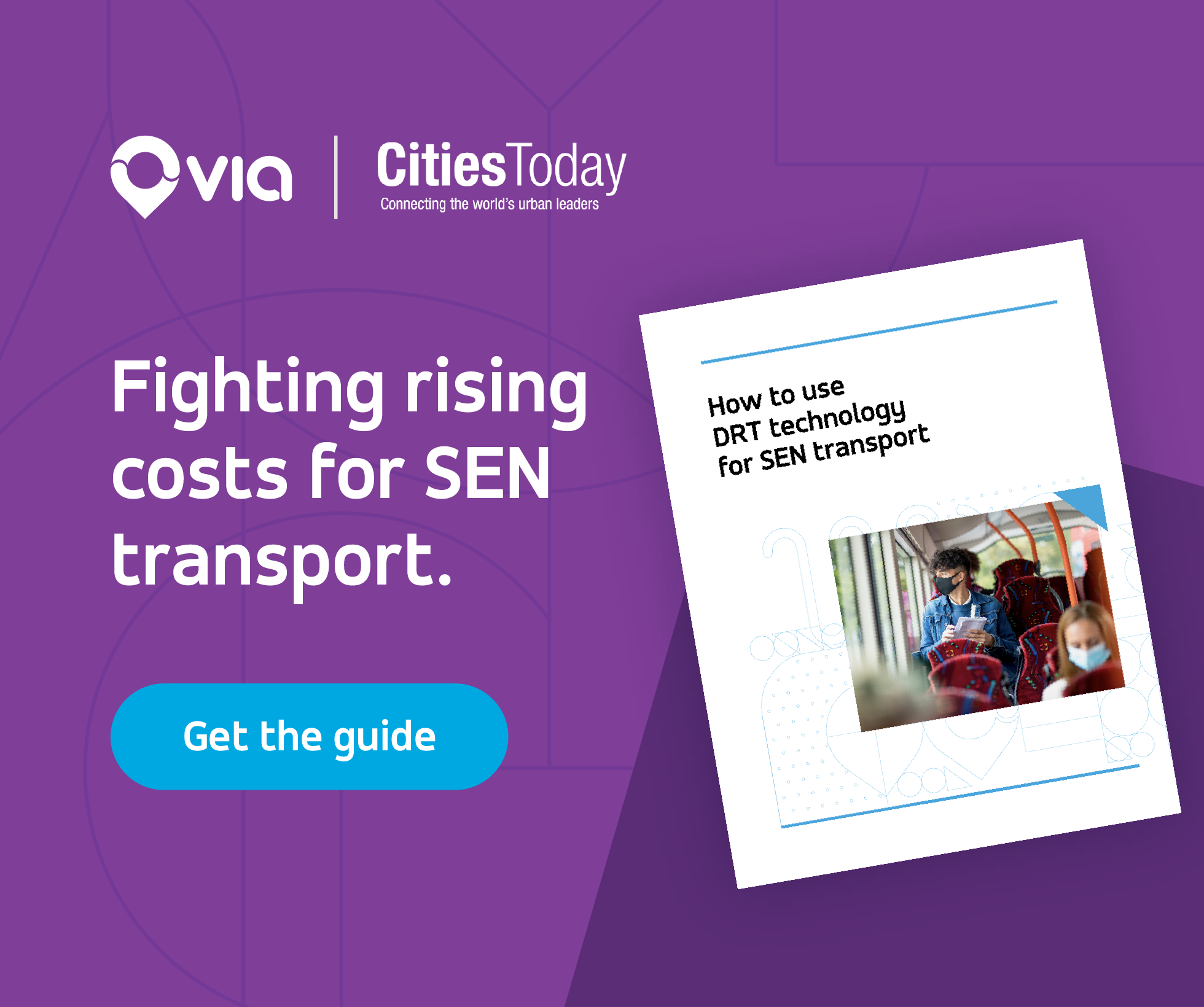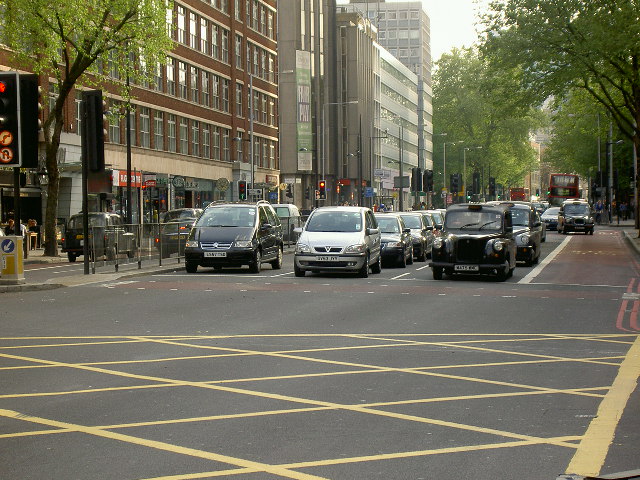
Photo: Sincere Finchy (Flickr)
Support for road pricing opens new avenues for UK transport funding
03 May 2023
As funding remains one of the biggest obstacles facing the UK’s public transport ecosystem, policymakers are forced to think outside the box and be bold.
Ever more inventive ways of raising funds, from the gamification of transport to creative advertising, can plug some gaps – but lack long-term sticking power.
Structural change in how we view driving habits, and the potential to couple this with environmental goals, provide a much more attractive solution. Encouragingly, research has shown that motorists are far more willing to pay as they drive than previously assumed – and are in favour of increased revenues going towards public transport.
A September 2022 report from interest group Campaign for Better Transport found that roughly half (49 percent) of people support replacing fuel duty and vehicle excise duty with a pay-as-you-drive scheme.
The study examined over 3,000 UK adults’ views on road pricing, revealing that three out of five people (60 percent) believed that vehicle taxation needed reforming. Forty-nine percent supported the idea of a pay-as-you-drive scheme compared to only eighteen percent who opposed it.
Moreover, the study reported that support for reform rose by eight percentage points (from 41 percent to 49 percent) once the respondents were presented with options for how such a scheme could be delivered, and why it would be beneficial. This increase is encouraging, suggesting that initial concerns around road pricing can be overcome.
In general, respondents thought a well-designed pay-as-you-drive system would be a fairer and more transparent way to tax motoring. The scheme would include EV drivers and could ensure people who drive less, pay less.
While on average half of all respondents supported the move, support was higher among drivers (52 percent) than non-drivers (43 percent). Regionally, the highest support was found in the East Midlands (55 percent), the Southeast of England (55 percent) and London (54 percent), and lowest in Wales (42 percent) and the North East (44 percent).
Opposition
Those who were opposed to the introduction of the pay-as-you-drive system cited privacy and fairness as primary reasons.
For example, pay-as-you-drive schemes quantified through GPS location would require an after-market hardware device that transmits location data or a connection to the vehicle’s on-board telematics system, concerning some respondents.
Previous campaigns to introduce road pricing have failed because of the perception that submitting GPS data infringes on individuals’ privacy.
However, focusing instead on odometer readings, rather than GPS data or on-board telematics data, resulted in a net increase of support by 15 percentage points for those who were initially unsupportive and 11 percentage points for those who were initially neutral.
Opponents to a pay-as-you-drive policy also cited fairness as a primary concern. Sixty-three percent of those who opposed pay-as-you-go worried that it would disproportionately impact those who have no choice but to drive, such as low-income workers who drive to late or early shifts when fewer public transport options are available.
Of all possible measures to make the system more equitable and fairer for drivers, making public transport cheaper or free was the most favoured initiative, with seven in ten (69 percent) survey respondents saying this would make them more supportive of road pricing. In fact, 64 percent supported directly investing road pricing revenue toward improving public transport options in areas with poor connectivity.
“By funding transport, road pricing could support our efforts to reduce traffic congestion and carbon emissions in the United Kingdom,” observed Chris Snyder, European CEO for transport technology company Via.
Snyder went on to note that Via’s digital DRT deployments across the UK are a compelling example of how public transport can decrease emissions and reduce private vehicle use in rural areas.
“In Wales alone we’ve seen 73 percent of passengers say they’re using their private vehicle less frequently.”
Image: Sincere Finchy (Flickr)




